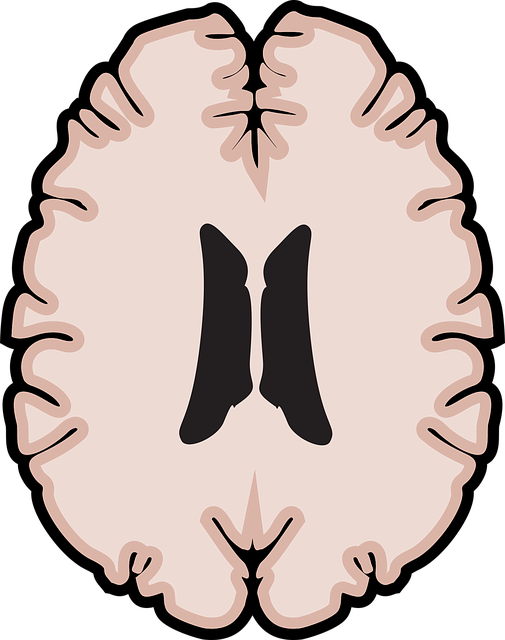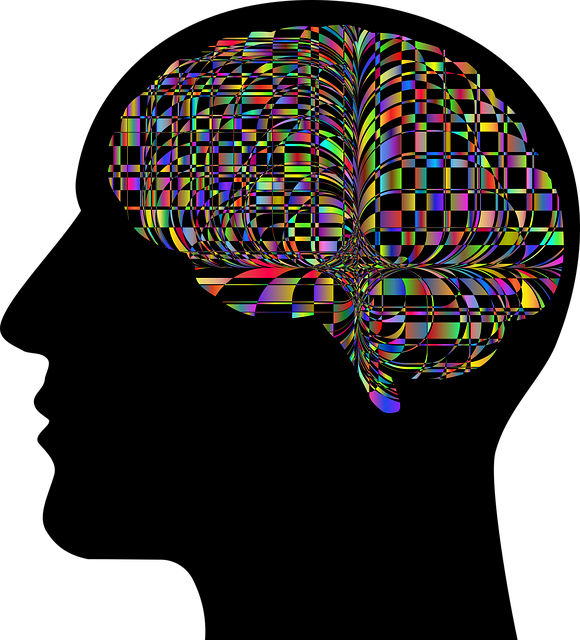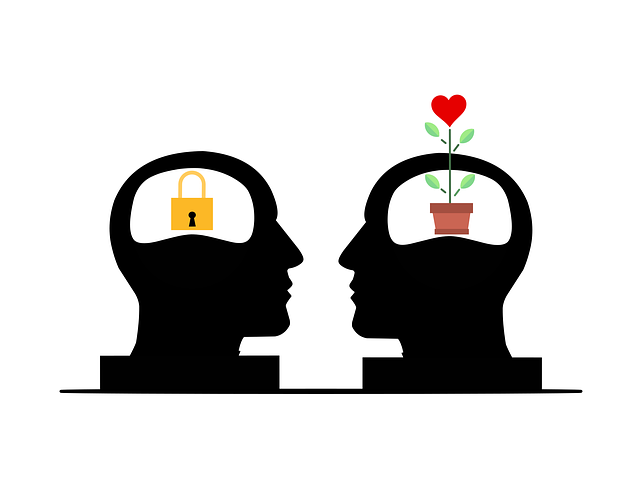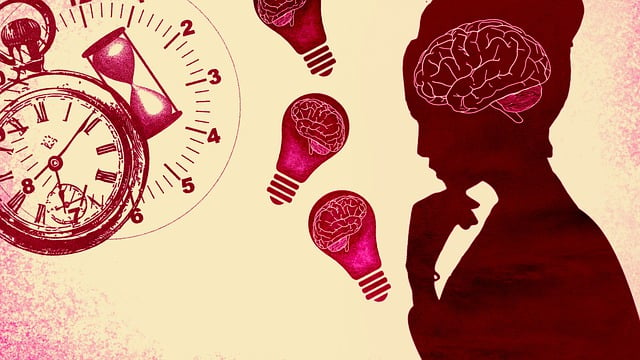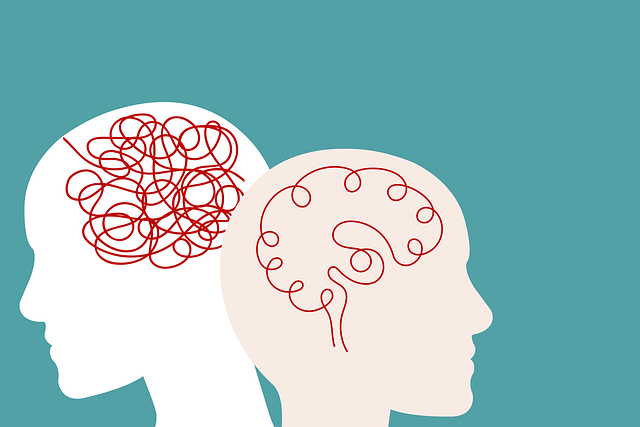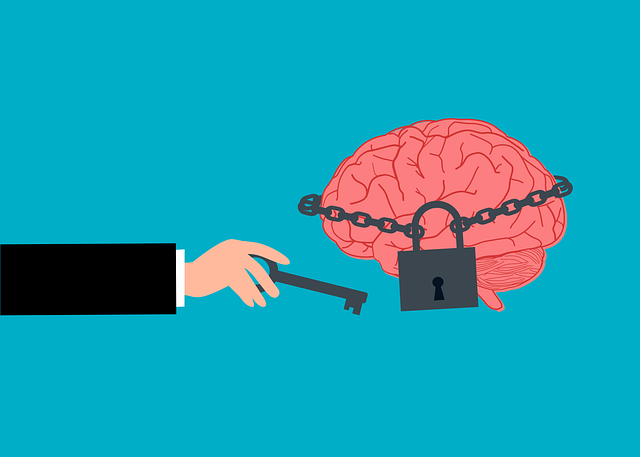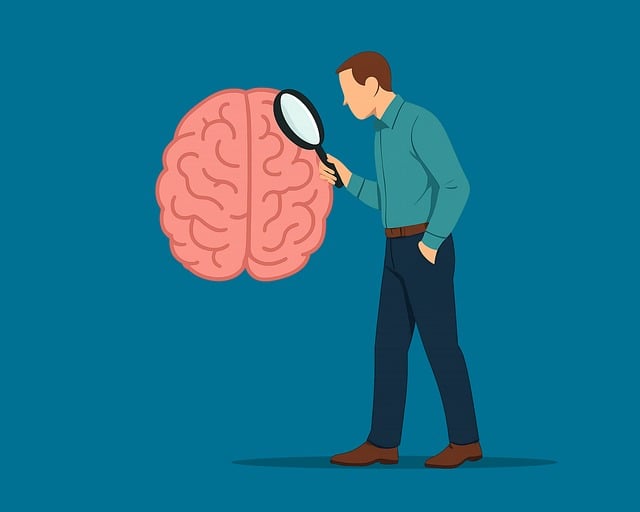Emotional Intelligence (EI), backed by studies like those from Littleton Mental Health Evaluations & Therapy, is crucial for better mental health and relationships. It involves self-awareness, emotional regulation, empathy, and effective communication. Therapy at Littleton Mental Health Evaluations aids in developing EI through introspection, mindfulness, coping strategies, and specialized trauma support, ultimately enhancing interpersonal connections and overall well-being by reducing barriers to care access.
Emotional intelligence (EI) is a powerful tool for navigating life’s challenges and fostering healthy relationships. This article explores the profound impact of EI on mental health, offering insights into how it can mitigate stress and anxiety while promoting resilience. We provide a comprehensive guide to developing EI through practical strategies, and highlight the transformative role therapy plays in enhancing emotional intelligence and overall well-being, as supported by Littleton Mental Health Evaluations.
- Understanding Emotional Intelligence and its Impact on Mental Health
- Strategies for Developing Emotional Intelligence: A Step-by-Step Guide
- The Role of Therapy in Enhancing Emotional Intelligence and Well-Being
Understanding Emotional Intelligence and its Impact on Mental Health

Emotional intelligence (EI) is a powerful tool for enhancing mental health, as evidenced by various Littleton Mental Health Evaluations and Therapy studies. It involves recognizing, understanding, and managing one’s own emotions, as well as empathizing with and responding appropriately to others’ emotional states. This ability to navigate complex interpersonal relationships can significantly impact overall well-being.
In the context of Mental Health Policy Analysis and Advocacy, promoting EI can lead to better mental health outcomes for individuals and communities. By fostering Emotional Intelligence, we can create a more supportive environment that reduces Anxiety Relief barriers to accessing care. This, in turn, can contribute to improved mental health policies and advocacy efforts, ensuring that resources and services cater to the unique needs of those seeking support.
Strategies for Developing Emotional Intelligence: A Step-by-Step Guide

Developing emotional intelligence (EI) is a transformative journey that can lead to enhanced relationships and improved mental wellness. Here’s a step-by-step guide to help you navigate this process, informed by strategies backed by Littleton Mental Health Evaluations and Therapy professionals.
1. Self-Awareness: Begin by cultivating an awareness of your emotions. This involves recognizing and understanding your feelings, triggers, and the impact they have on your thoughts and behaviors. Regularly introspect and reflect on your emotional experiences. Practice mindfulness meditation to stay present with your emotions, observing them without judgment.
2. Emotional Regulation: Once you’re aware of your emotions, learn to manage them effectively. This includes developing strategies for coping with stress, anxiety, or anger. Techniques such as deep breathing exercises, progressive muscle relaxation, and physical activity can help regulate your emotional responses. Building resilience through cognitive reframing—challenging negative thoughts and replacing them with more balanced perspectives—also plays a crucial role in managing emotions.
3. Empathy: Enhance your ability to understand others’ feelings by practicing active listening. Pay close attention to what people are saying and the nuances of their communication, including body language and tone of voice. Empathizing with others not only strengthens relationships but also fosters a deeper sense of connection and mental wellness.
4. Social Skills: Effective communication is key to building emotional intelligence. Work on your verbal and non-verbal communication skills, ensuring that your message aligns with your intended emotions. Practice assertiveness, advocating for yourself while also respecting others’ viewpoints. Building strong social connections through meaningful interactions further supports emotional growth.
5. Feedback and Reflection: Regularly seek feedback from trusted individuals and reflect on how you’re perceived by others. This provides valuable insights into your emotional impact and areas where you can improve. Integrate constructive criticism into your personal development plan, focusing on ways to enhance your EI.
The Role of Therapy in Enhancing Emotional Intelligence and Well-Being

Therapy plays a pivotal role in enhancing emotional intelligence and overall well-being. Through structured conversations with trained professionals, individuals can gain valuable insights into their emotions and learn effective coping mechanisms. Littleton Mental Health Evaluations offer specialized therapy services designed to help clients navigate complex feelings and challenges. This process involves exploring personal experiences, identifying emotional triggers, and developing strategies to manage stress and anxiety. By fostering self-awareness, individuals become better equipped to recognize and respond to their emotions, leading to improved relationships and enhanced mental resilience.
In cases of trauma or significant psychological distress, therapy becomes an indispensable tool for healing. Trauma support services provide a safe space for individuals to process their experiences and work through the associated emotional turmoil. Risk management planning for mental health professionals also emphasizes the importance of evidence-based practices in addressing depression prevention and promoting long-term well-being. By combining these approaches, therapy offers a comprehensive strategy to build emotional intelligence, mitigate risks, and foster positive mental health outcomes.
Emotional intelligence is a powerful tool for enhancing mental health and overall well-being, as evidenced by Littleton Mental Health Evaluations. By understanding and managing emotions, individuals can improve their relationships, make better decisions, and lead more fulfilling lives. The strategies outlined in this article—from self-awareness to empathy and effective communication—form a comprehensive guide for personal growth. For those seeking professional support, therapy plays a pivotal role in refining emotional intelligence and fostering positive change. Through tailored interventions, individuals can unlock their potential for emotional resilience and navigate life’s challenges with greater ease.
